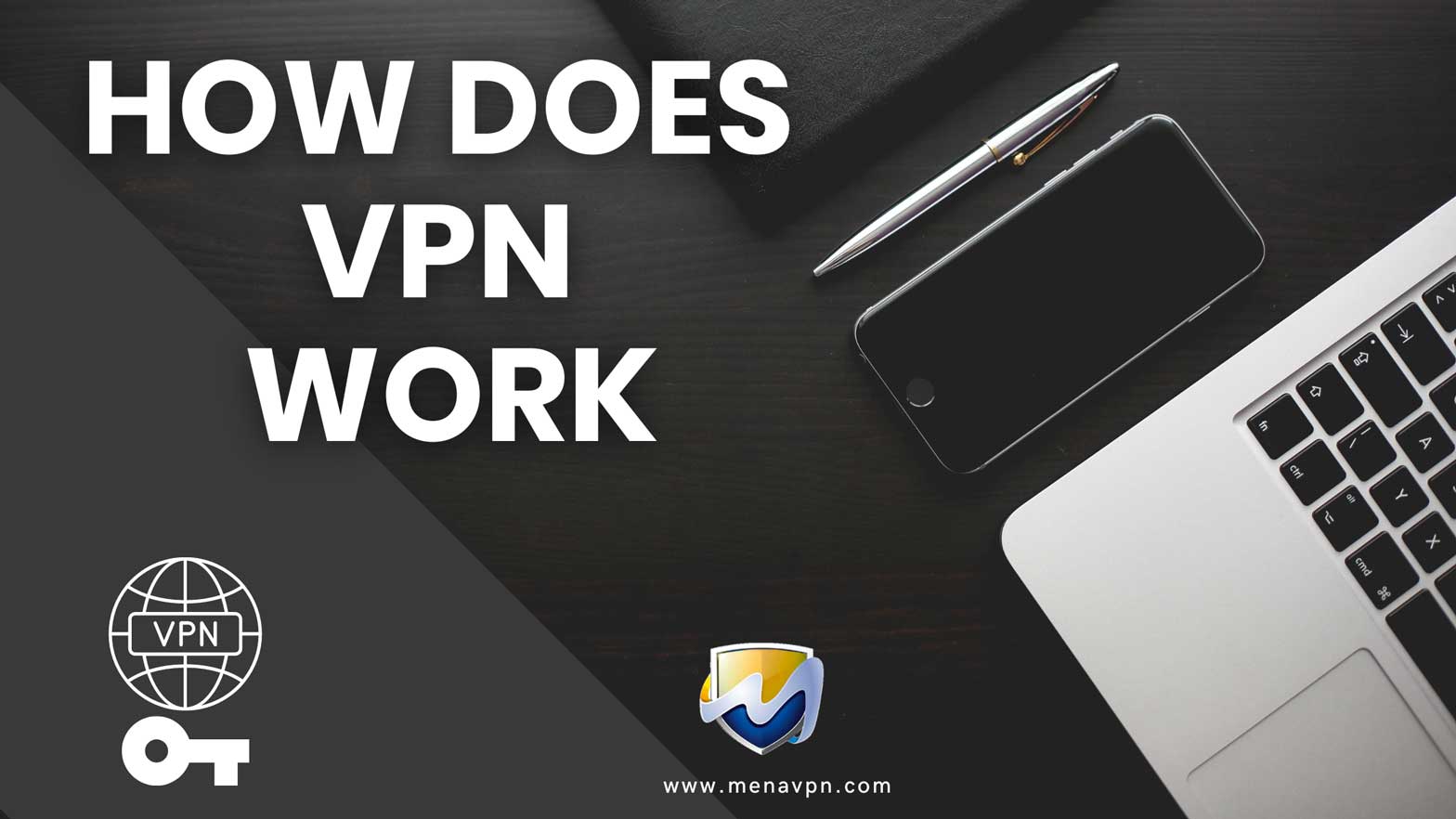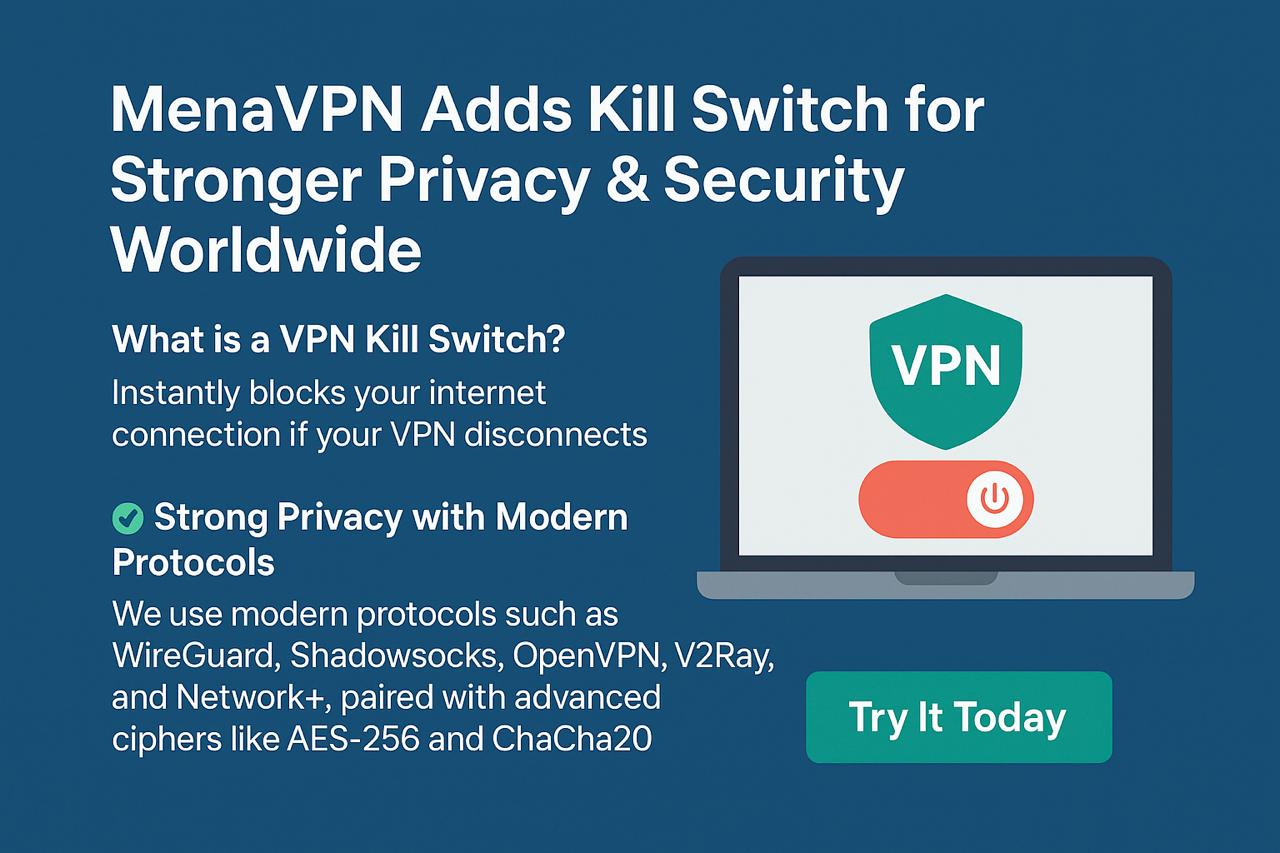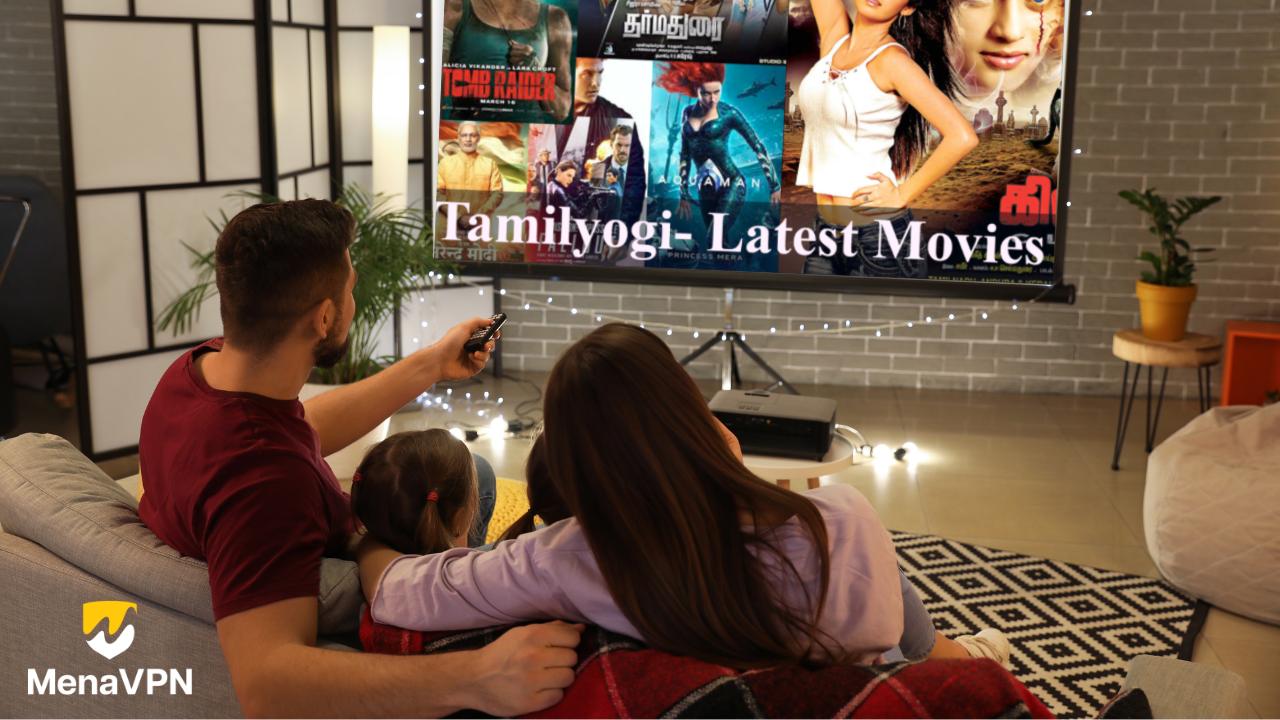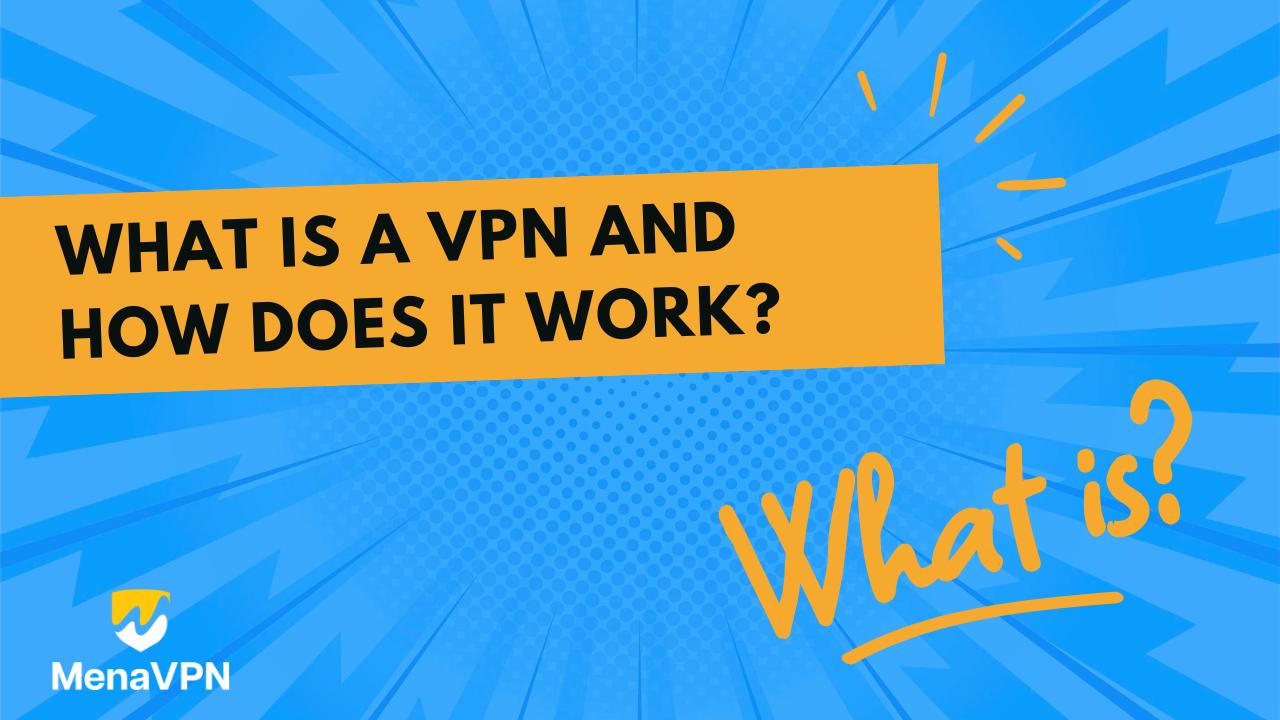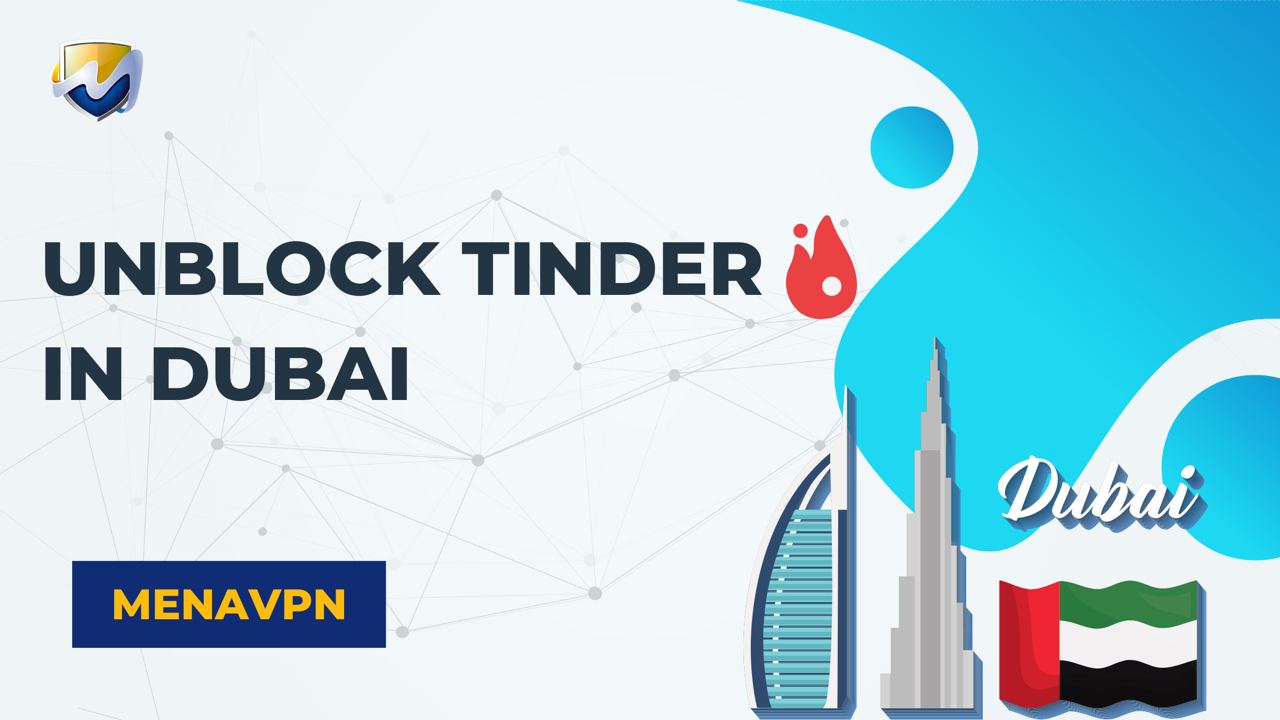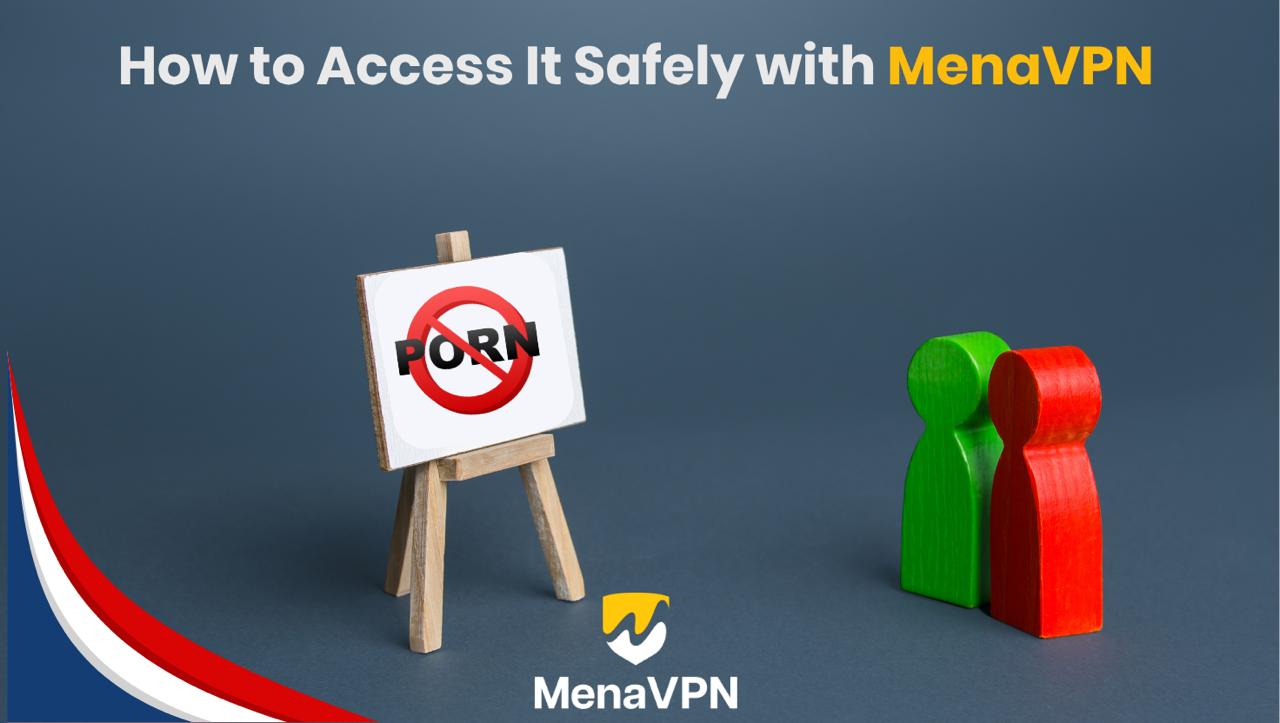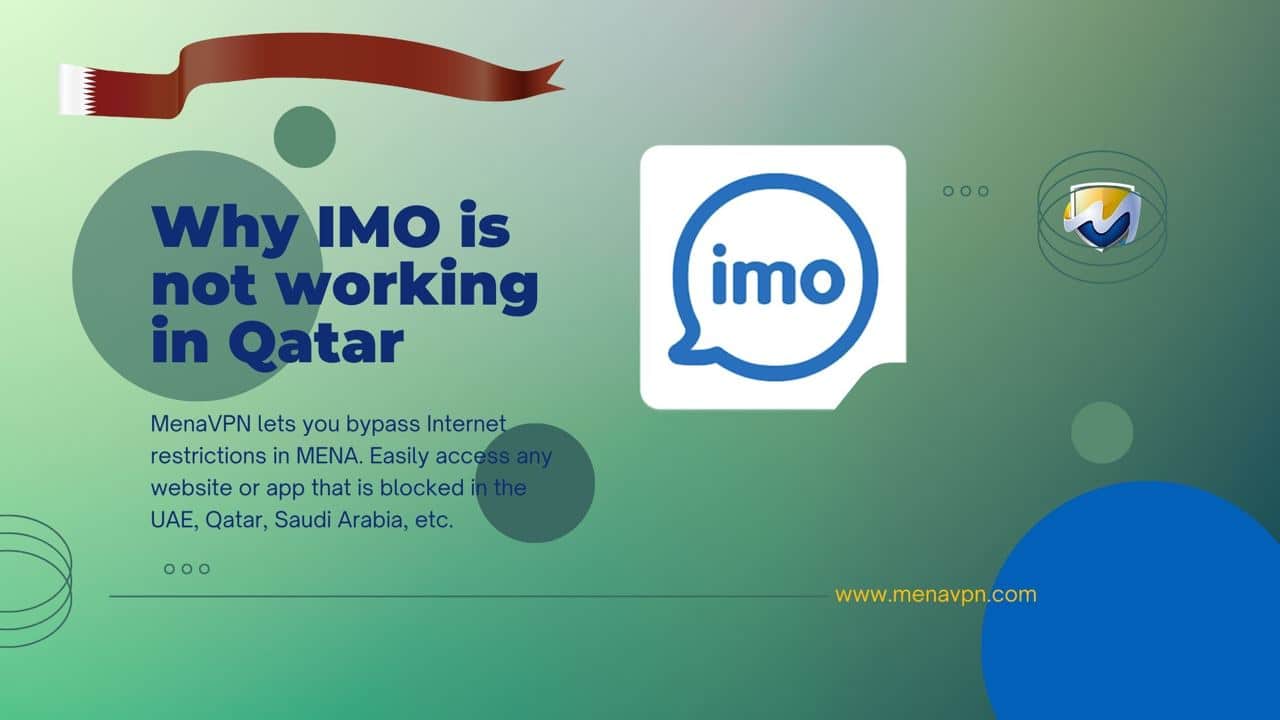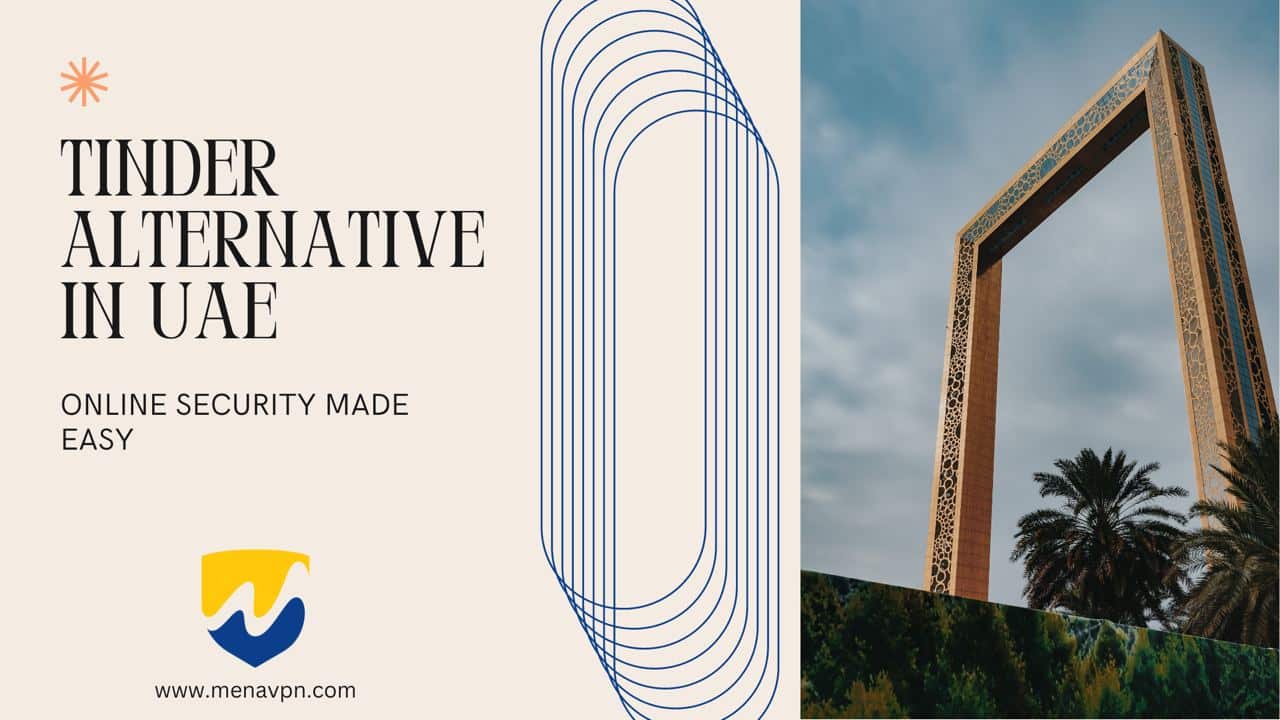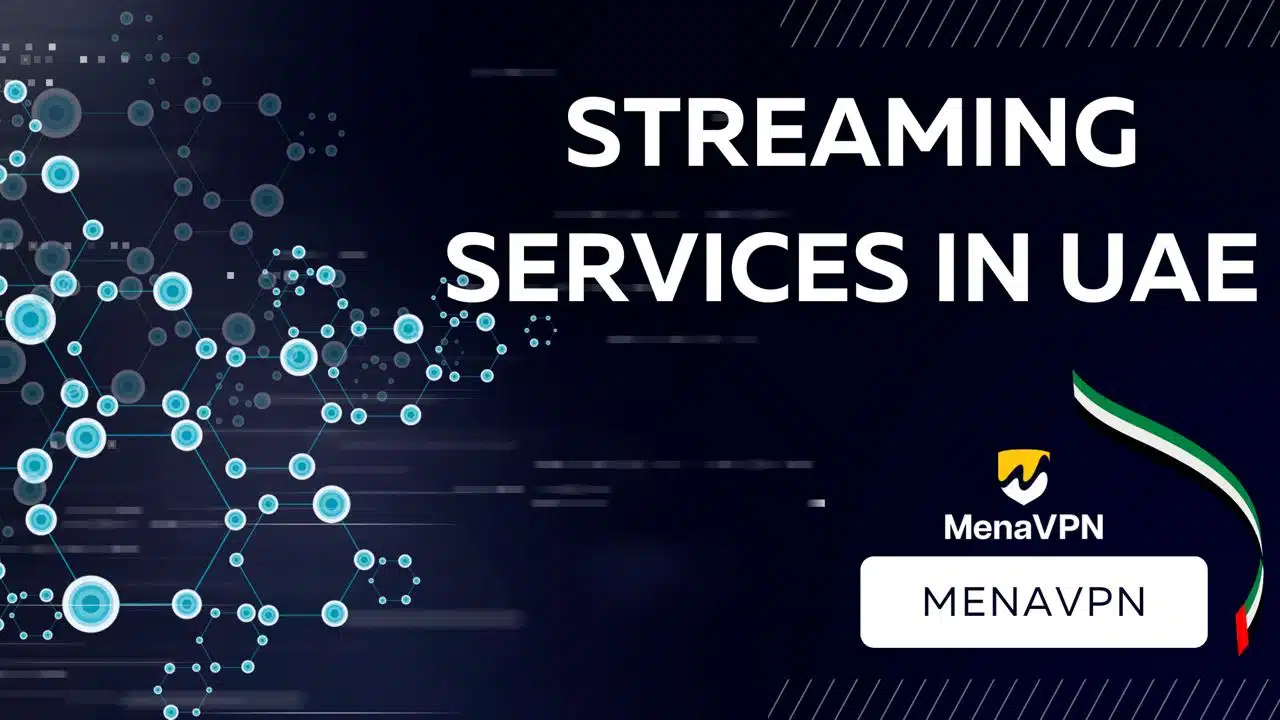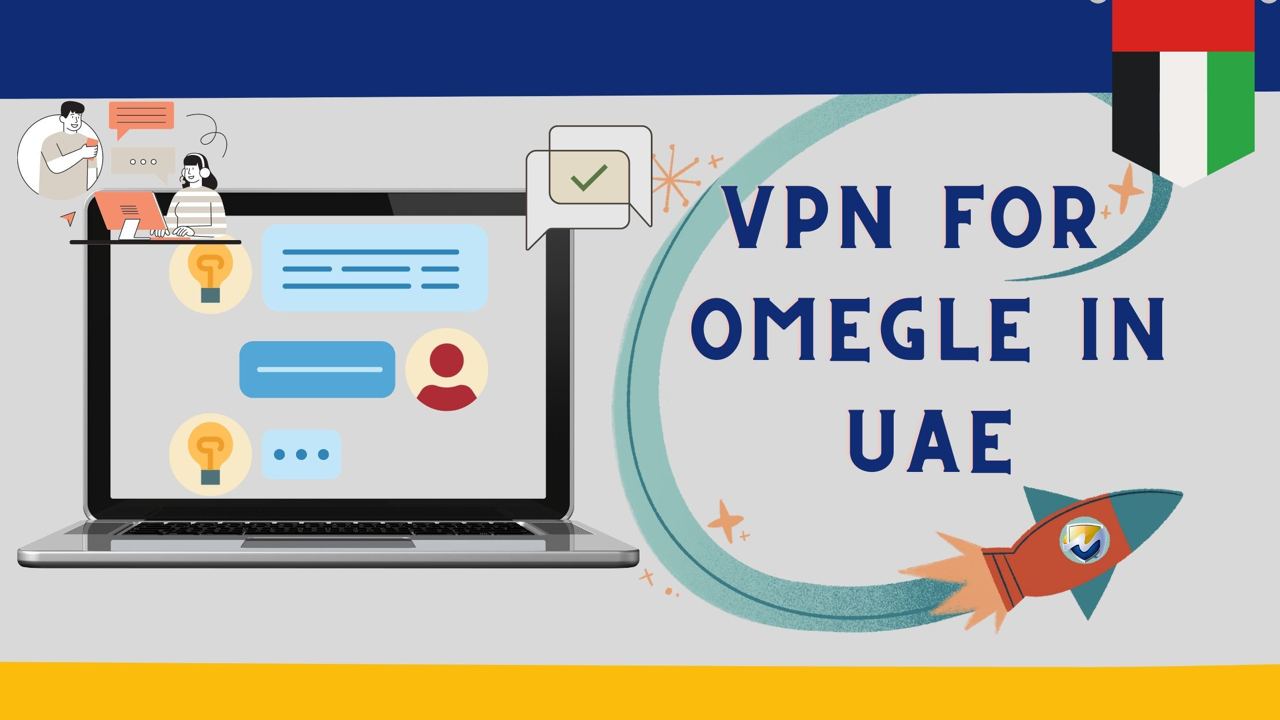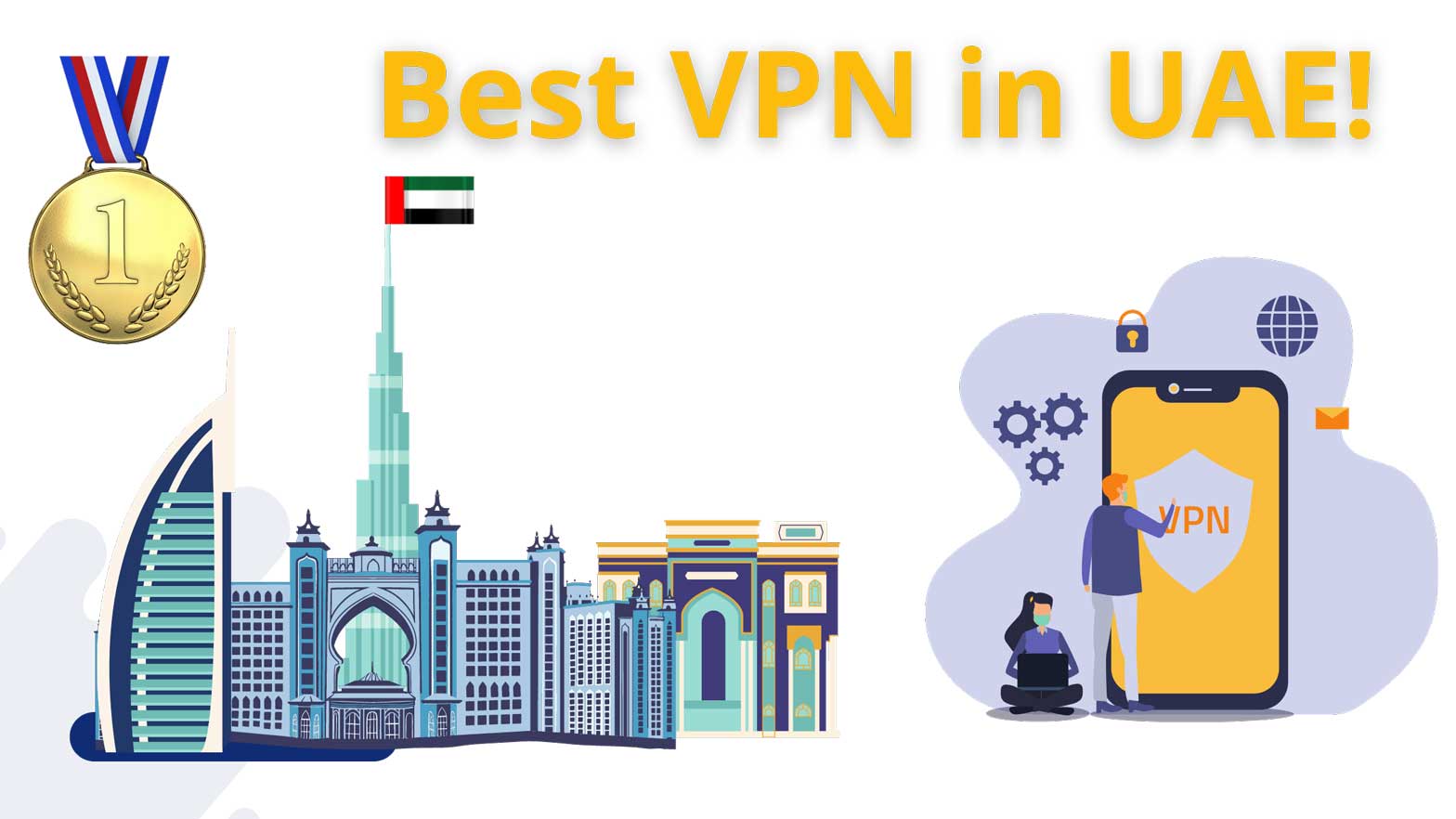A Guide to VPN in UAE
A VPN is now an essential tool for everyone who uses the internet, and that is almost everyone. This is especially true for those users from countries where due to some reasons, the government has restricted or blocked websites, apps, and platforms. In the UAE, for example, the government has restricted the user's access to the internet on multiple fronts. With their WhatsApp calls blocked, the users wonder why FaceTime audio doesn't work, why they can't access many websites or play via Roblox in UAE, or do any streaming in UAE. All because of filtering, a user is obliged to have a limited experience of the world wide web. Here VPNs come to the picture. VPNs do something almost magical in this regard, and undo the filtering imposed on every website, app, and platform. But how do they do it, from a technical point of view? First, let's learn what VPNs are.
What Is a VPN?
A VPN (Virtual Private Network) is a tool that gives you the ability to access the free internet from anywhere with an internet connection on any device (Virtual) and encrypts your data(Private) then passes it through a server in another location(Network). A VPN is arguably the most popular method to bypass restrictions, though it is also used to a great extent for its power in providing the user with a better level of internet security.
This especially makes it a great device to bypass restrictions with, because you don't have to access the internet via the servers your ISP(internet service provider) connects you through, since a VPN reroutes your traffic through another one instead.
These articles might also interest you:
How does VPN work?
VPNs act as intermediaries between you and the website you're trying to reach. They receive your data, encrypt it and then guide you to the server, which holds the key to the encryption, and instead of you that server reaches the website you're trying to reach, and your real IP is turned to that of the server. This means that the website you're visiting, authorities, and hackers won't be able to see your real IP, though your ISP can learn of the change of IP. Hence, our data is safe and secure. But speaking of authorities, is it legal to use VPNs in the UAE? Read on to learn more.
Also read our article on the popularity of VPNs in the UAE: How many poeple use VPNs in UAE and why.
Is VPN Legal in UAE
Disclaimer: We're not legal experts. Here we only share our personal takes on the legal situation, not any legal advice. To get that, you need to consult a lawyer.
VPNs are not strictly illegal in themselves. From what we could make out of the newest cyber-crime laws passed by the UAE government, the use of VPNs is illegal if it is with intent to commit or to aid a criminal activity. But what is deemed criminal, and to what extent, we can't say. Is watching porn a criminal act? It’s likey. Is calling someone using WhatsApp a crime in and of itself? Probably not. But legal technicalities like this are difficult to put into action. As the rising number of VPN users suggests, people aren't worried about it that much, so we believe it not to be concerning either. To learn more take a look at our other blogs on the subject:
Can you get caught using a VPN in UAE
What are the legal implications of using a VPN in the UAE what you need to know
Is VPN allowed in UAE?
Is there a VPN fine in UAE?
Is it illegal to use VPN in UAE?
How Can I Find a Good VPN
A VPN should have at least 4 qualities to be counted as a good one. We call them the 4 essentials. Security, Speed, Strength, and Support. Security means that the VPN you're using must use safe and private servers, neither collect nor share your data, and have a no-logs policy. Speed means that your connection quality shouldn't suffer any loss due to your VPN's servers being crowded, since they ought to be private. Strength means that if your current server is down, or too low in speed, you have always the power to change it into another server in the same region, and bypass restrictions in some way and don't get stuck to one choice. Support is the support team always behind every person who gets the VPN and needs help with it. A VPN should have a 24/7 support team so they always guide you through, recommend you servers for your particular use and more.
But there is another point, not among these four that needs making, and that is price. Are free VPNs really free? And are the paid ones worth your money? Read on to find out, and for more information take a look at our previous article: free vpn vs paid vpn why it matters to pay for a good vpn
Is a VPN Worth Any Money?
Free VPNs are bad for you, according to some studies around this, since they're exposed and not well-funded to be fortified against exposure and prying eyes, so your data may be at risk with them, even if the product itself doesn't share or collect your data, which is another risk associated with free VPNs. Here are 5 VPNs to Avoid in the UAE.
We don't mean by that that every paid VPN is a good one, either. Sure, for every good one you have to pay, but not every paid one is going to prove itself good. So Which paid ones are best? Those that are based in countries with great security standards and user privacy policies that are tight, such as the United States, or the European Union. Also, they should offer free trials so you can see that it works for yourself, and have a vigilant support team always at the ready to make your troubles go away.
You might also be intetested in these subjects:
Can Botim calls be traced in UAE
What is the best VPN for du
Why You Should Install Mena VPN
In case you’re wondering which VPN is the best VPN in UAE, and find no answer, here it is folk! Mena VPN is a compendium of all of the qualities we mentioned. It is based in the Netherlands so it is 100% in accordance with EU privacy policies, so its security level is paramount. It is specially designed for the UAE user's needs, and it'll prove itself the most resourceful app on the market for you too! This is a great opportunity for you to buy the top VPN for use in UAE, and enjoy a 7-day free trial, and a money-back guarantee! Lose no time and get it now!

